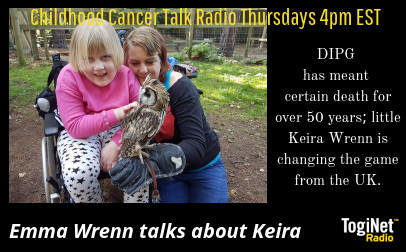 Blessed with varied interests and an artistic and musical upbringing, Janet had health challenges throughout her young adult life. Despite these she graduated Cum Laude from Wellesley College with an award of distinction for acting, and had also been a champion equestrian. She began a family with her husband Barry later in life, and had finally found happiness with daughter Sophie-Marie (3/12/06) and then baby (Jack 8/30/08). Five weeks after his birth, the family escaped a wildfire in which all worldly possessions were lost. The family relocated in December of 2008 to Agua Dulce CA where they currently reside.
Blessed with varied interests and an artistic and musical upbringing, Janet had health challenges throughout her young adult life. Despite these she graduated Cum Laude from Wellesley College with an award of distinction for acting, and had also been a champion equestrian. She began a family with her husband Barry later in life, and had finally found happiness with daughter Sophie-Marie (3/12/06) and then baby (Jack 8/30/08). Five weeks after his birth, the family escaped a wildfire in which all worldly possessions were lost. The family relocated in December of 2008 to Agua Dulce CA where they currently reside.
Jack began to have unsettling symptoms at the age of 3; he was taken to Children's Hospital Los Angeles and was diagnosed with DIPG, or diffuse intrinsic pontine glioma, on Friday Oct. 28, 2011, indisputably the darkest experience of Janet's life. The outrage of it made her determined to find the good in the situation, and she asked God to "Put me to work!" After Jack's death, she remained determined to start working to find solutions to DIPG and incorporated Jack's Angels at the end of 2012; the Foundation began its work in 2013. Despite the fact that DIPG is responsible for the majority of brain tumor deaths in children, she had been told there were no solutions for Jack because "the numbers aren't great enough for investors." This remains the primary motivation in her advocacy work, to prioritize children's lives in our medical system in the United States.








